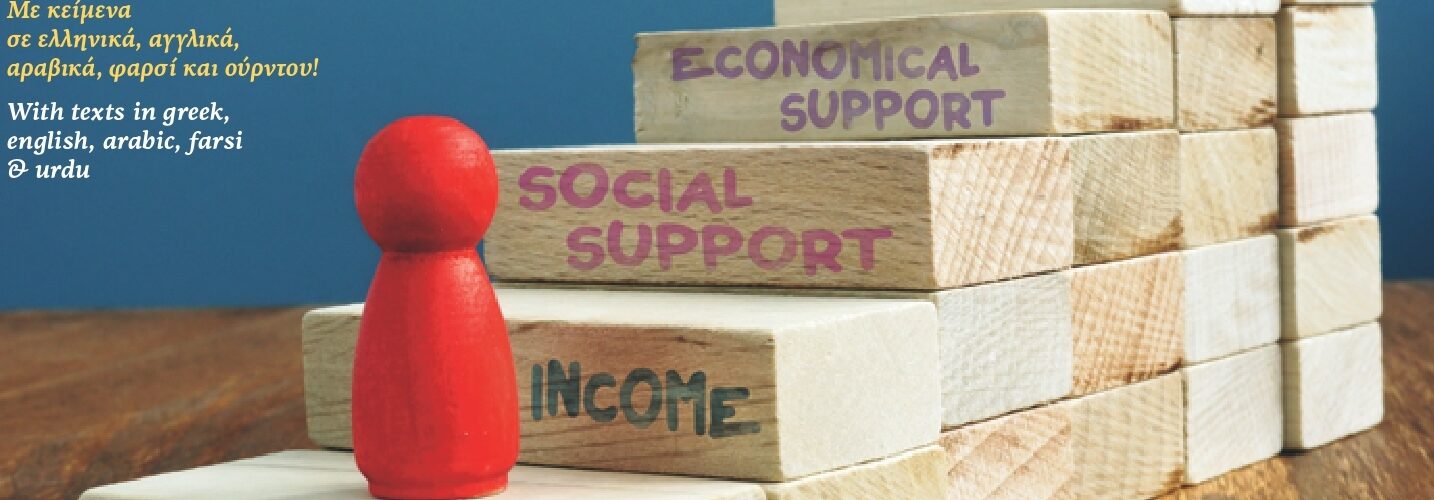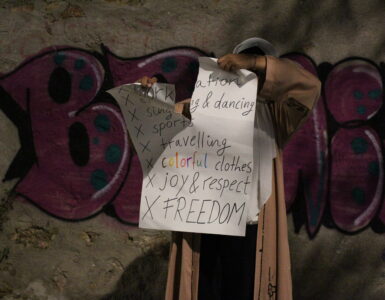It was December 2, 1992 when Greece ratified by law the International Convention on the Rights of the Child, which had been adopted by the United Nations General Assembly in 1989. The International Convention on the Rights of the Child includes 54 articles, describing in detail the rights of “a person under the age of 18”,which is defined as a child in the first article. At the same time, the Convention sets the standards for the well-being of the child in all its developmental stages up to the pivotal point of adulthood.
By using the slogan “you cannot defend your rights as an adult, if you do not have them as a child”, we will observe the inextricable connection between the legally protected rights of the child and those of the adult in the following pages. Can anyone claim that there were, are or will ever be adult rights if they have not been promoted and established since childhood? And if something like this could theoretically happen, how could a person in their adulthood recognize, claim and adequately promote these rights?
On the occasion of the 30th anniversary of the ratification of the International Convention on the Rights of the Child in Greece, our 25th issue is dedicated to the importance of securing these rights both for the protection of childhood and for the holistic evolution of the adult person.
*Article 42/ Convention on the Rights of the Child: The Member States undertake to make the principles and provisions of this Convention widely known to both adults and children by active and appropriate means.









Add comment